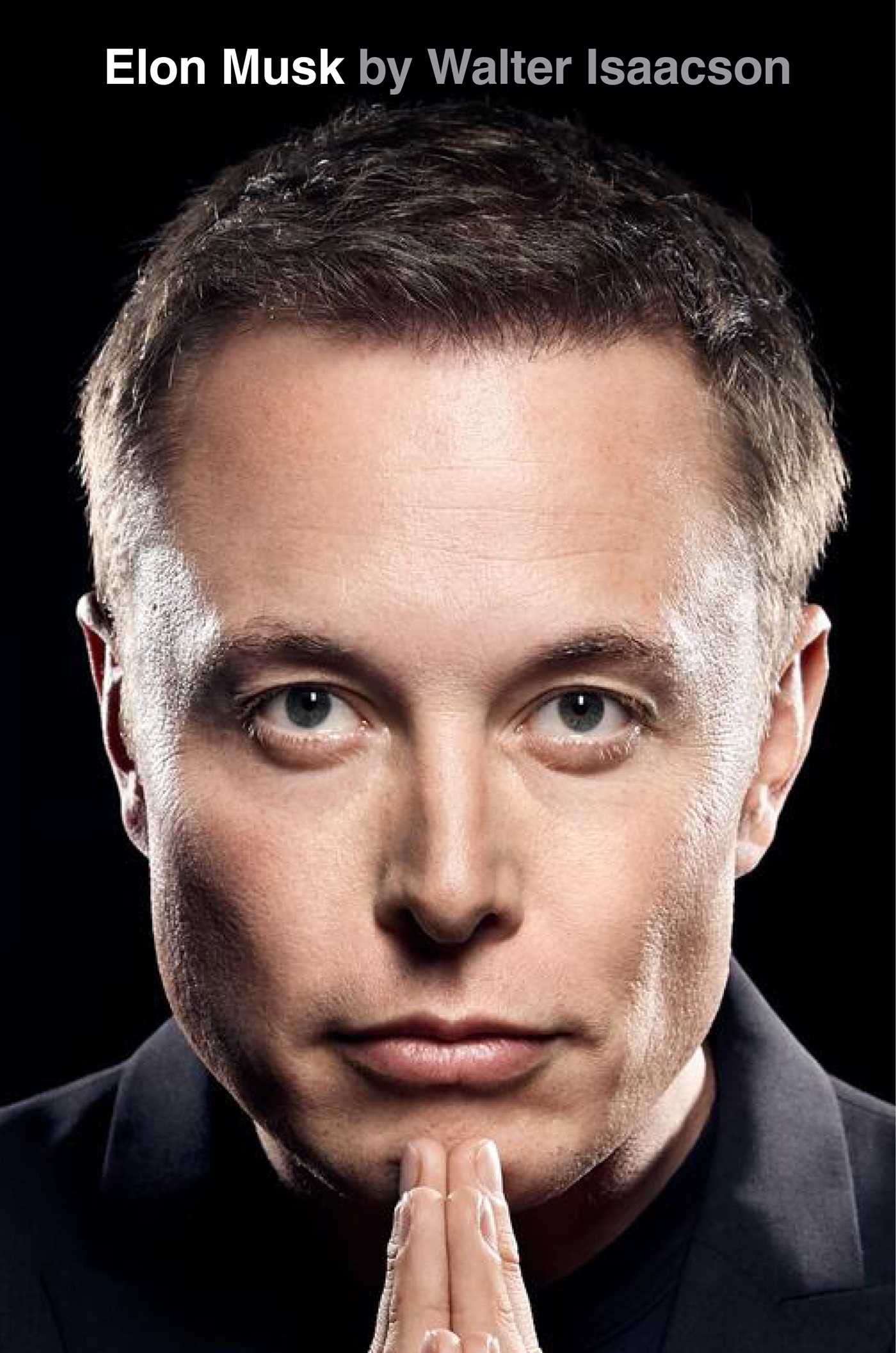10. Zip2
byZip2 emerged in the mid-1990s as an innovative startup founded by Elon and Kimbal Musk, aiming to integrate business directories with digital mapping technology. At a time when online navigation was still in its infancy, the Musk brothers recognized the potential for an interactive system that would allow businesses to be located easily through an internet-based platform. Their vision was ahead of the curve, but convincing investors and companies to embrace this new form of digital accessibility proved to be a challenge.
In the early days, Zip2 faced numerous hurdles, including a lack of funding, difficulties in securing business partnerships, and the practical struggles of startup life. Elon and Kimbal adopted an extremely frugal approach, sleeping in their office and showering at a nearby YMCA to save money. Their dedication was unwavering, as they coded late into the night, often working seven days a week to refine their product and push Zip2 toward commercial success.
Despite these struggles, the potential of Zip2 began to attract attention, particularly from venture capitalists who saw promise in the idea of online business directories integrated with mapping software. As interest grew, investment opportunities followed, leading to a financial boost that allowed the company to expand its reach. Elon’s technical expertise and aggressive ambition were instrumental in securing major deals with prominent newspapers, positioning Zip2 as an essential service for businesses looking to establish a digital presence.
However, as the company scaled, tensions emerged between Elon and the venture capitalists who had invested in the startup. Seeking to bring in more experienced leadership, investors appointed a professional management team, effectively sidelining Elon and Kimbal from making key decisions. While this move was intended to stabilize the company’s growth, it clashed with Elon’s strong-willed nature and his deep-seated belief in maintaining control over his ventures.
Feeling increasingly marginalized, Elon attempted to push for a merger with CitySearch, believing it would strengthen Zip2’s position in the rapidly evolving digital space. However, this proposal did not materialize, further intensifying the conflicts between Elon and the company’s investors. His dissatisfaction with the direction of the company grew, reinforcing his realization that maintaining control over his businesses would be critical for his future endeavors.
Despite these internal struggles, Zip2 continued to thrive, leading to its acquisition by Compaq in 1999 for an impressive $307 million. The deal marked a transformative moment for the Musk brothers, who went from struggling entrepreneurs to multimillionaires almost overnight. Elon, who personally walked away with $22 million from the sale, made headlines when he purchased a McLaren F1 supercar, a move that symbolized both his newfound wealth and his penchant for making bold statements.
However, the sale of Zip2 was not just a financial success—it served as a pivotal learning experience that would shape Elon’s approach to business. The challenges he faced, particularly the loss of decision-making power within his own company, reinforced his belief that future ventures needed to be structured in a way that ensured he retained control. This lesson would play a significant role in his later projects, including PayPal, Tesla, and SpaceX, where he would insist on having a major influence over strategic decisions.
For Kimbal, the Zip2 chapter was equally transformative, serving as a launchpad for his own entrepreneurial journey. While Elon moved forward with ambitious tech-driven projects, Kimbal would eventually shift toward sustainable food ventures, emphasizing his passion for environmental impact and social entrepreneurship. Though their paths diverged, both brothers remained deeply committed to innovation and pushing the boundaries of traditional industries.
Beyond financial gains, Zip2 represented the early blueprint of Elon’s business philosophy—disrupting established industries, challenging conventional wisdom, and refusing to accept limitations imposed by external forces. The intense work ethic, problem-solving mindset, and willingness to take risks that defined Zip2 would become recurring themes throughout his career. Looking back, Zip2 was not merely an online business directory; it was the proving ground that prepared Elon Musk for the greater technological revolutions he would later lead.
This experience reinforced Elon’s ability to foresee and capitalize on emerging trends, as well as his determination to create solutions that others deemed impossible. While Zip2 may not be as widely recognized today as his later ventures, its impact on his personal and professional trajectory was profound. The lessons he learned from this startup laid the foundation for his future ambitions, shaping his relentless pursuit of innovation and his unyielding drive to reshape the world.


